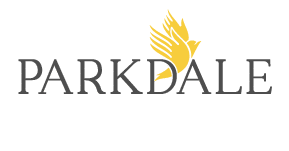Think about a time that you or a loved one was at the hospital or provider’s office. Did you understand everything the healthcare professional was saying? If you did, imagine they were speaking a different language that you didn’t understand. “Education is Power” might incite an eye roll or two, but the meaning is clear and accurate. Because of this, National Health Education Week was born. Occurring on the third week of October, the Society for Public Health Education (SOPHE) (2023) created this event to increase awareness of the importance of health education and how it keeps us healthy.
Benefits of Education
Health education enhances the quality of life for all citizens. Disease prevention is often a misunderstood yet simple, concept. The United States is estimated to spend over $700 billion on treating preventable diseases (Galea & Maani, 2020). Chronic illnesses such as heart disease, type 2 diabetes, liver disease, and certain cancers can be prevented mainly by making healthy choices, such as not smoking, eating well, staying active, and avoiding alcohol and other drugs (CDC, 2023).
Social Media and Misinformation
Utilizing the internet is an excellent way to increase one’s health literacy. However, social media has become a catalyst to spread misinformation, particularly when it comes to the COVID-19 pandemic. Social media apps like TikTok, Instagram, and Facebook use algorithms that push similar content to the viewer. If someone watches an opinion video on the benefits of public health, chances are the algorithm will show much of the same. The danger with these algorithms is when misinformation, or disinformation, from non-credible health educators is promoted. It cannot be stressed enough to understand source credibility. Just like you wouldn’t have a dentist fix your plumbing, you should not listen to a non-medical professional provide medical advice.
Health Education and Substance Use Disorder (SUD)
Addiction is a multi-faceted condition that often starts with a lack, or misrepresentation, of education. In the school system, high school students who drop out are more than twice as likely to use alcohol and other drugs than students who stay in school (Salmassi, 2013). On the other hand, it is not the lack of education for professionals who suffer from SUD – it is often knowing what options are available.
Parkdale Center for Professionals offers a range of treatment programs to match the unique disease of addiction such as withdrawal management, partial hospitalization, and intensive outpatient.
References
Centers for Disease Control and Prevention (CDC). (2023, February 8). How You Can Prevent Chronic Diseases. National Center for Chronic Disease Prevention and Health Promotion (NCCDPHP). https://www.cdc.gov/chronicdisease/about/prevent/index.htm
Galea, S., & Maani, N. (2020). The cost of preventable disease in the USA. The Lancet. Public health, 5(10), e513–e514. https://doi.org/10.1016/S2468-2667(20)30204-8
Salmassi, M. (2013, February). Substance Use in 12th Grade Dropouts Greater Than in Teens Who Stay in School. Partnership to End Addiction. https://drugfree.org/drug-and-alcohol-news/substance-use-in-12th-grade-dropouts-greater-than-in-teens-who-stay-in-school/. Society for Public Health Education. (2023). About National Health Education Week. Retrieved October 13, 2023, from https://www.sophe.org/focus-areas/national-health-education-week/national-health-education-week/.

